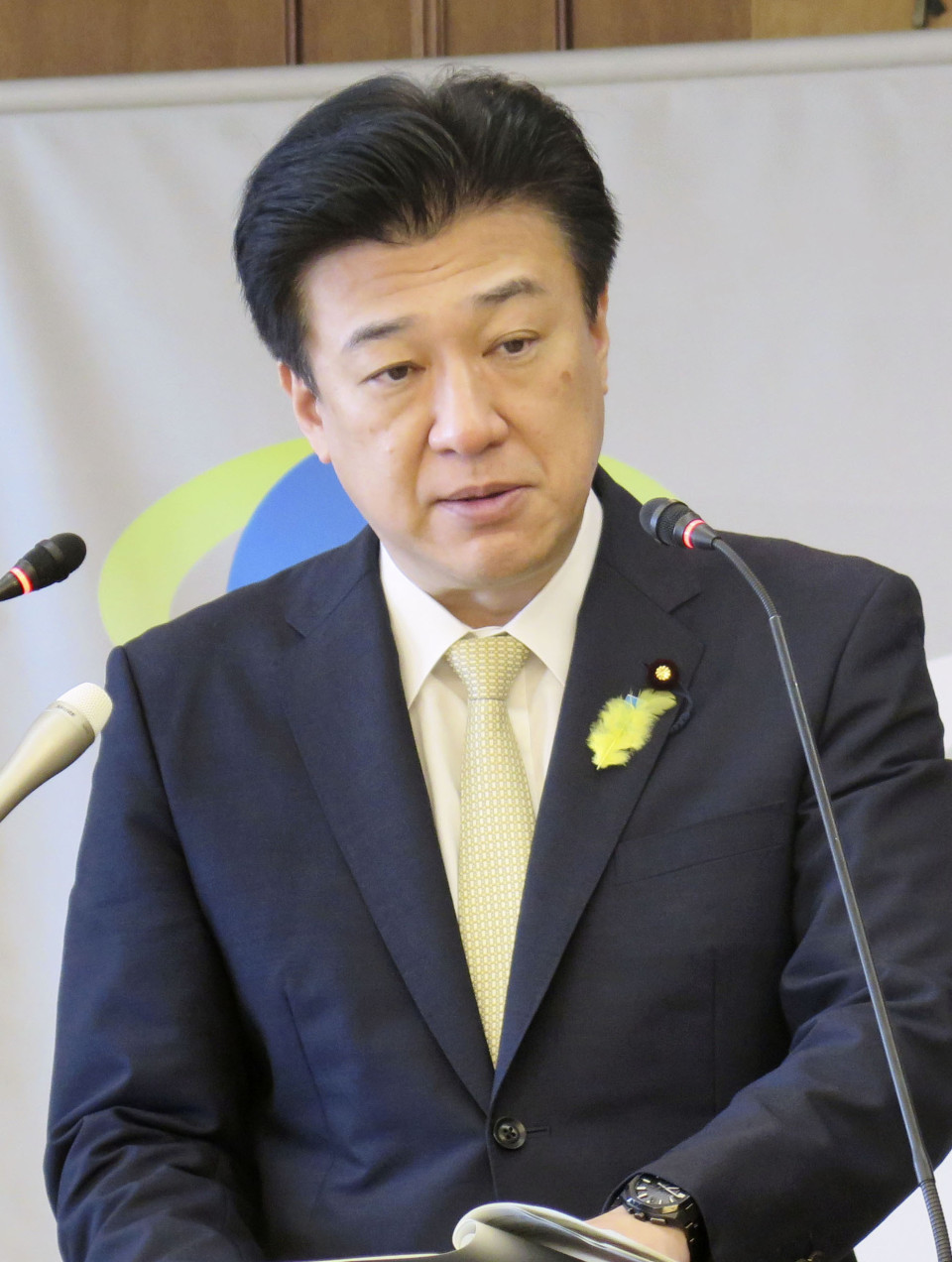The Japanese Defense Ministry rolled out Tuesday its first-ever basic policy to promote the use of artificial intelligence as it seeks to respond to changes in defense operations driven by technological advancements.
Also aimed at streamlining the ministry's work, the blueprint focuses on seven fields, such as detection and identification of military targets, command and control, and logistic support.

Noting that foreign nations have been working on utilizing AI, the government document said it "could determine the situation of conflicts in the near future, as has been pointed out."
AI utilization would also enhance the speed of combat operations, reduce human error and advance labor-saving through automation, the policy said.
The other featured areas include information gathering and analysis, unmanned defense assets, cybersecurity and work efficiency.
The policy, however, stated there are limits to AI, particularly in situations without precedents, as AI learns from past data. It noted that concerns over credibility and misuse remain as well.
The ministry also put forward on the same day a strategic policy to secure human resources with cyber expertise, saying it will start recruiting such personnel under an independent category in fiscal 2025 starting next April.
Defense Minister Minoru Kihara told a press conference that whether Japan could adapt to "the new forms of battle" using AI and cyber technologies "has become a big challenge for us in building up our defense capabilities."
"We will deepen cooperation with the private sector and relevant foreign agencies by proactively conveying the Defense Ministry's view," Kihara said.
He also stressed the importance of accurately recognizing the risks of using AI and taking measures to address its shortcomings.
Related coverage:
PM Kishida to lead session on China, Indo-Pacific at Italy G7 summit
G7 ups pressure on China, condemns Russia-North Korea military ties










